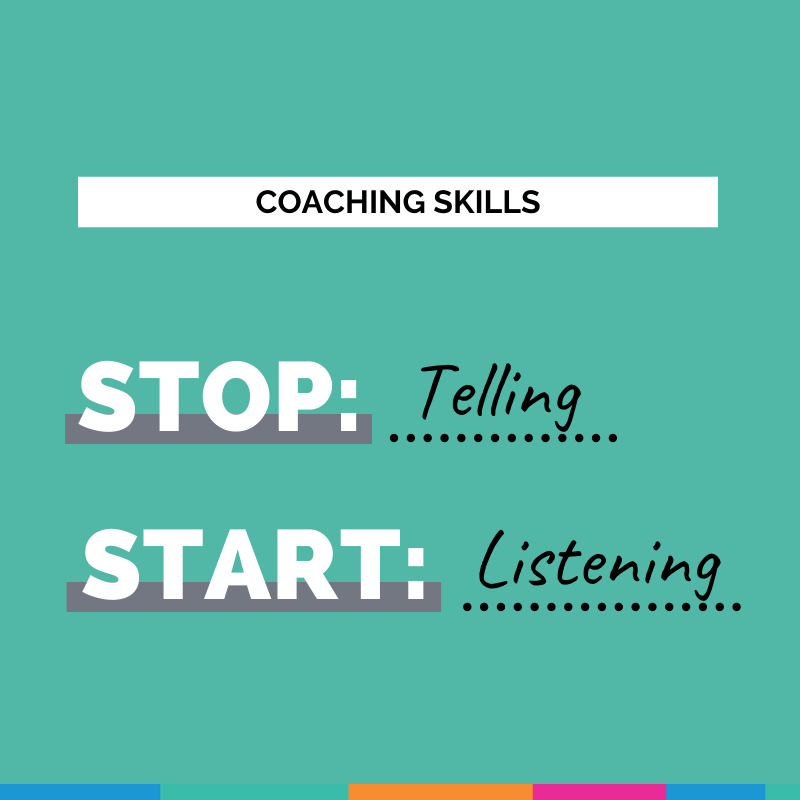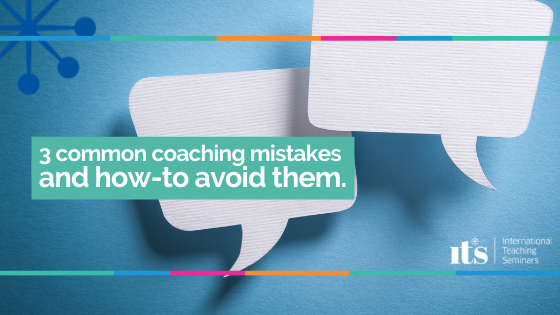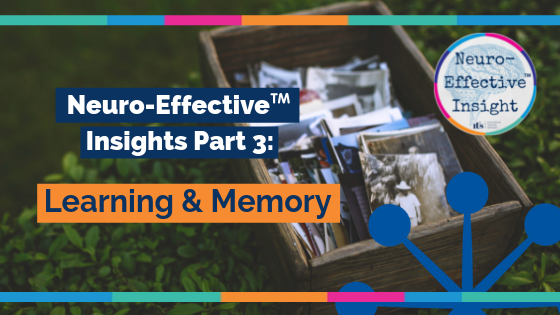If you’re a coach or want to be one, then knowing these ‘3 common coaching mistakes and how to avoid them’ just might help you sharpen your coaching skills and save you some time.
This is important to us so that any confusion is mopped up around what coaching really entails. To allow for good coaching skills to be maintained and for people to get a real experience of just how transformational coaching can be.
We also believe that time is precious and if we can offer you a shortcut to learning – then brilliant!
With the rising popularity of coaching we have seen a lot of versions of what coaching is and what coaching is not. So let’s clear a few things up…
This article will explore some definitions of coaching, along with some comparisons of other disciplines that coaching might be mistaken for.
We will also shine a light on some coaching mistakes – some might appear to be common (although not obvious) and some might just surprise you!
What is coaching?
Let’s set a baseline of what coaching is first, by comparing it against other professions.
And what better way to define the nuances than with an analogy.
Developmental Role Distinctions
Let’s say you wanted to learn how to ride a bike…
- A therapist would address with you the fear you have that keeps you from getting on the bike, because of an incident in your youth.
- A consultant will tell you the best kind of bike to buy, the better foot pedals, seats, etc.
- A teacher will share the history of a bicycle, where and how it has evolved and what it has been used for, perhaps by whom, their age ranges, etc.
- A mentor will actually get on the bike, letting you observe them and learn from their experience.
And finally…
- A coach… when YOU decide to get on the bike, will run along beside you, remind you of where you said you wanted to go, address the fork in the road so you can choose your direction.
These great descriptions and distinctions were created by MCC Michael Stratford. If you want to read more about them, here are the full descriptions of each: DEVELOPMENTAL ROLES DISTINCTIONS by Michael Stratford, MCC.
Coaching Definition
If we define ‘coaching’ one step further, let’s look at a definition from International Coaching Federation:
“Professional Coaching is an ongoing partnership that helps clients produce fulfilling results in their professional and professional lives. Through the process of coaching, clients deepen their learning, improve their performance and enhance their quality of life”
Did you notice that the results are all driven and accredited to the client and not the coach?
This is because coaching is based on the presupposition that ‘all the wisdom and resources are already within your client, they are just waiting to be discovered and applied’ – more about this below.
Now let’s look at what coaching isn’t…
Common coaching mistakes and how to avoid them:
#1: Coaching is about giving advice.
Let’s start by giving you some advice about giving advice…
As a rule of thumb in any situation, in a coaching conversation or not, only give advice if someone is asking for it. They may not want advice, instead they may just want someone to listen.
As Bas Luhrmann puts it:
“Advice is a form of nostalgia, dispensing it is a way of fishing the past. from the disposal, wiping it off, painting over the ugly parts and recycling it for more than it’s worth.”
But don’t recoil at all of the moments you have given unsolicited advice, because it is very natural that when we listen to others talk about a challenge they are facing, that we attach our own meaning to the situation based on our own experience of that same challenge.
Although when this happens in a coaching dynamic, it is a BIG no no. What is happening is the coach wants to help their client move to a solution and feels that what has worked for them could also help their client. However, advice giving simply isn’t a coaching skill you develop as a coach.

The client is whole.
Advice giving within coaching is a problem for two reasons.
Firstly you can’t possibly have had every experience your clients comes to you with. Which means if coaching WAS about ‘advice giving’ then your offering as a coach would be limited to only the experiences you have faced.
The second reason is because it comes from the presumption that your client needs fixing and that you as the coach have the knowledge/insight that your client is missing. This description could not be further from what coaching really is or should be.
Since the real payoff and beauty of coaching is to witness your client become more resourceful, by developing their own toolkit through the process of coaching.
If you are in a coaching conversation and notice your internal state wants to move to a solution space or to offer advice. Then pause. Re-focus. Tell yourself to “stop telling and start listening”.
#2: You can only be a coach if you have your own life ‘figured out’.
This is poppycock, because what does it mean to have everything ‘figured out’? Take a second to think about this. Do you know anyone who really has it all together in every part of their life or maintains this illusion across the years?
Plot spoiler… life just isn’t like that. Change and uncertainty are a part of life’s fabric, including the life of a coach.
This universal truth means that you do not have to have the ‘perfect’ life in order to coach others. But what it does mean is that you are a model in the coaching relationship. It counts how you draw upon and develop your own coaching skills. It counts how you demonstrate your behavioural flexibility.
Since the benefits of coaching is to help create the skills within to reconnect to self and to re-balance when times are challenging – for yourself and for your clients. And the more you nurture your own self, then the more you have available to give to others.
You are human
So if you ever start to feel the pressure to have ‘things together’. Stop. Remember to ‘be real’ and exercise self-compassion. Remind yourself that you are not perfect, because you are human.
Consider that there is ‘no destination’ to get to, because the internal work is never done. It is an ongoing journey of self discovery and practice. Since life is dynamic. Things change all the time.
#3: The coach has all of the answers, right?
The answer is ‘no’.
This is because the role of the coach is to operate from the presupposition that the client already has all the resources they need, including the ability to discover more choices and answers within.
In short it is the client who searches within for the answers, not the coach. But in order to have answers, there needs to be questions… And this is where the coach comes in.
But, not all questions need to be answered.
“Wisdom is a love affair with questions, knowledge is a love affair with answers”. – Julio Olalla
Watch more of Julio Olalla beautiful words about ‘unanswered questions’ in the short video below.
If you do start to feel internal pressure to have answers as a coach, then remind yourself that your own answers will probably not be the right ones for your client. They may be in the neighbourhood of the right answer. Or they will spark an idea from the client. But let go. There is something both respectful and freeing about believing that your client has the answers.
How will you be?
In this article we have demonstrated what coaching should and shouldn’t look like, by exploring lots of concepts around coaching skills.
We have expanded the art of coaching far beyond it being simply a set of skills. Instead celebrating it as a mindset.
A mindset that trusts, is curious, is non-judgmental, is committed to learning and exhibits compassionate to not only your clients but to yourself as well.
We consider this as a way of being.
It is about setting an intention of ‘how you will be’ as a coach and as an individual interacting with the world, to help create change that ripples far beyond yourself.
If you want to become a coach or want to learn more about our ICF Accredited Coach Training Programme ‘Mastering the Coach Approach’ then click here.





Leave A Comment